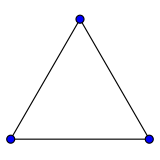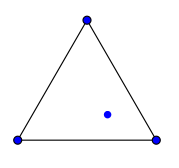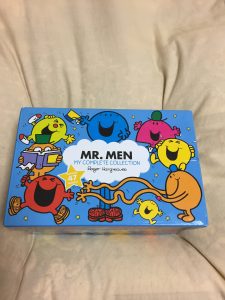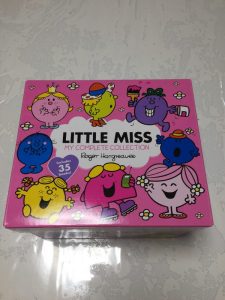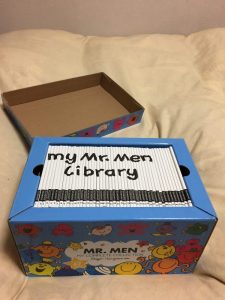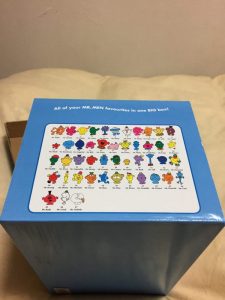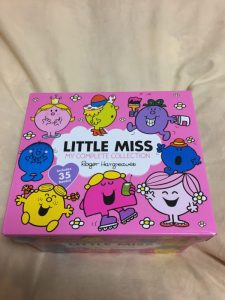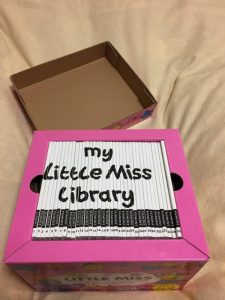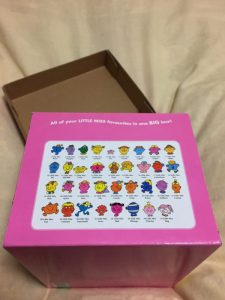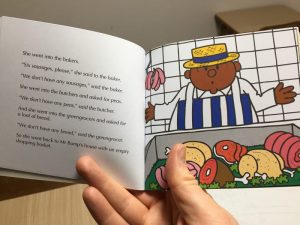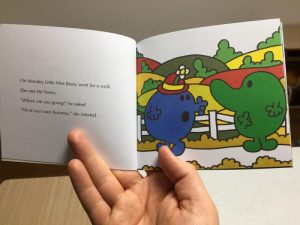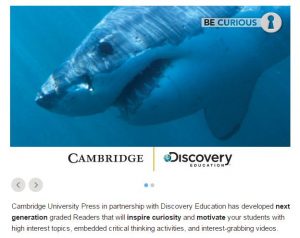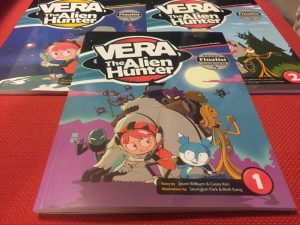curriculum junior high school language courses materials publishing
by sendaiben
2 comments
Three Types of Teachers
Perhaps more like three tendencies of teachers
I’ve been thinking about teachers a lot recently, and my own teaching experiences.
I’m starting to believe that there are three teachers archetypes. Few teachers will embody just one of them, but rather will be a mix of the three in different proportions. Maybe something like the introversion-extroversion scale.
So I believe there are ineffective teachers, individual-focused teachers, and system-focused teachers. Each of the points of the triangle above could be labeled with one of these, and all teachers could be shown as a dot inside the triangle.
In my experience most teachers (whether they are effective or not) tend to be individual-focused. They tend to think about the learner or relationships with learners. A few teachers are system-focused. They tend to think about curricula or classroom management.
The best teachers, the most inspirational, the ones that change lives, are highly effective individual-focused teachers.
The teachers that impact the biggest number of learners are highly effective system-focused teachers.
If I had to put myself on the triangle, I’d probably put myself here:
(the top point is individual-focused, the left ineffective, and the right system-focused)
After 17 years as a teacher I like to think I have become more effective, and I have definitely been drifting down and to the right recently.
I’ve been lucky to work with a highly effective system-focused teacher, Dan E., for the last few years. I’ve learned a huge amount from him and am still in awe of his skills and experience.
We’re currently working on a new project for junior high school students that is the most exciting thing I have ever done. I’ll be writing about it more as we get closer to completion.
So what do you think? Have you noticed the three types of teachers? Where would you put yourself in the triangle?
REVIEW: Mr. Men and Little Miss Books
Really great. Much better than I expected!
I got these two boxed sets recently to add to our library at the Cambridge Academy. However, before I could use them with our students my granddaughter got her hands on them and insisted I read them all to her first -they are now her favorite books by far.
I’ve turned into a big fan too. I’ll run through what I think of each set briefly, then talk about how they might be used in a program.
The Mr Men My Complete Collection box contains 47 paperback Mr Men books in a very cool box.
The books are a bit hit and miss, but most of them are really entertaining.
My personal favourites are Mr. Tickle, Mr. Greedy, and the surprise hit Mr. Dizzy. We loved Mr. Dizzy because it contained several riddles aimed at young children, and Alyssa was thrilled to be able to answer them.
In fact, all the Mr. Men and Little Miss books are aimed at children, introducing slightly more adult vocabulary and frequently speaking directly to the reader, encouraging them to interact with the books. They also contain little moral lessons, but this is not too overwhelming.
The Little Miss My Complete Collection is similar, consisting of 35 paperback Little Miss books.
To be honest, I was a bit worried these would be very dated, or sexist. So far that has not been the case. We’ve only read half a dozen of these, but already I’ve found a couple I love: Little Miss Magic (where Mr. Tickle’s arms get shrunk) and Little Miss Hug.
In fact, I think the Little Miss books might even be better, because they tend to feature other characters and integrate them into the stories. Somehow they work really well.
From an ER library perspective, word counts and YLs for both the Mr Men and Little Miss books are in the Tadoku Kanzen Guide (with just a couple of exceptions for each box -the newest books). There is no audio, but I am planning to record our own -this would be a ‘two birds with one stone’ situation, as I could then give a copy to Alyssa too 🙂
The books are all YL1.5 or so, and 500-800 words, with simple stories and occasionally challenging vocabulary or grammar. The language is slightly old-fashioned, and some of the character names don’t mean what I originally thought they meant. Mr. Dizzy, for example, is actually stupid rather than off-balance, and Mr. Mean is stingy rather than bad-natured.
Here are a couple of pages to show the kind of language used:
Still, for the beautiful artwork and the wonderful stories, I really recommend this series. I can’t wait to introduce them to our students, and am even looking forward to making the audio for each one.
Does anyone else have these books? Anything to add?
Cambridge Discovery Interactive Readers
Great news
Last year I took another look at the excellent Cambridge Discovery Interactive Readers (full review coming soon) and was disappointed to see that a lot of the content was set up to be accessible to a single user for a limited time. It seems the publisher assumes they will be bought by individuals and used as a kind of textbook.
Of course, this is very different to how ER program administrators look at books.
For me, I am not interested in the interactive questions or even videos (although it would be nice if they were on a public site accessible by anyone), but I am very interested in having the audio files available so I can make CDs for our students.
I reached out to our local Cambridge University Press rep, who is a very thorough and approachable guy, and told him I was very interested in having access to the audio files. He asked some questions about my teaching situation, I answered them, and he said he’d talk to the main office.
I assumed that would be the end of it. Few publishers understand ER as practiced in Japan (particularly with regards to the importance of word counts, etc.) and I wasn’t expecting much more than ‘sorry, we can’t do anything at this time’.
This morning I was proved completely wrong. I received an email telling me that the audio files for the first couple of levels are online and can be freely used by teachers and students. Apparently the rest of them will be going up soon.
This is great. I’m really happy to see a big publisher listen to local teachers and help them with their teaching situation. Big kudos to Cambridge for making this change -I hope you’ll check out the series and download the audio. Positive reinforcement works wonders!
Extensive Reading Foundation 2016 Language Learner Literature Awards
It’s the Oscars of the ER world
I’m really happy to post finalists of the ER Foundation LLL Awards for this year. Lots of interesting looking books. I already wrote about Vera the Alien Hunter, and I’m looking forward to checking out the Malala biography very much.
I am slightly disappointed by the large number of rewrites of classic books. I don’t understand why publishers churn out version after version of Tom Sawyer, the Happy Prince, etc. I guess it’s cheaper than writing new content, but two-thirds of the finalists in the higher categories are rewrites this year. I will be voting for original stories over rewrites, and also take this into account when buying books.
Extensive Reading Foundation Language Learner Literature Awards 2016 Finalists
Online comments April 1 – June 30, 2015 at www.erfoundation.org
Winners to be announced at the following vocabulary conferences:
Sept. 12-14: . Winners announced online and at the Vocab@Tokyo Conference, 12-14 September, Meiji Gakuin University, Tokyo. Info: https://sites.google.com/site/vocabattokyo/
You can see all the finalists on this PDF flyer: ERF_2016_Flyer_Final, and the judges comments are here: finalists 2016 with comments.
See anything you like the look of?
e-future Graded Comic Readers extensive reading materials reviews
by sendaiben
11 comments
PREVIEW: Vera the Alien Hunter (Graded Comic Readers)
My students are going to love this
By the same people that brought us Magic Adventures and School Adventures (waiting for the final installment in May before I write a review), this new graded comic book series arrived yesterday. Vera the Alien Hunter is a girl with a vivid imagination. At one point she starts to meet aliens, although it is not clear if this is real or just her imagination. I have the first three volumes of the series (three stories in each): it seems there will be another three volumes, for a total of six volumes and eighteen stories.
The YL and word counts for each level are similar to the Magic Adventures comics: YL 0.5-0.9, and 300-500 words or so per story.
The Good
- Really attractive artwork and fun stories.
- The audio is very high quality
- Word counts on all the books! Well done e-future.
The Bad
- The CD is an MP3 CD, which means it doesn’t work with most of our CD players or the students’ ones at home. Pretty disappointed about this, especially as the previous comics had real CDs. Note for publishers: please use normal CDs if at all possible.
- The books have three stories in each rather than being separate books. This could be a drawback in terms of flexibility (ie more students could use them if they were one book per story).
Overall
This is a great addition to the e-future comics collection. I’m looking forward to the last three volumes and can’t wait to share them with our students (once we re-record the CDs from MP3 to audio).
